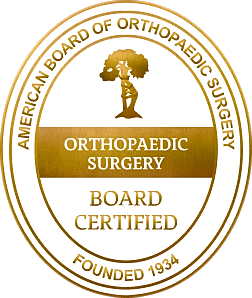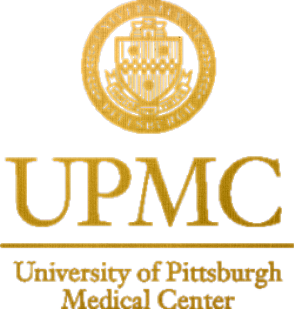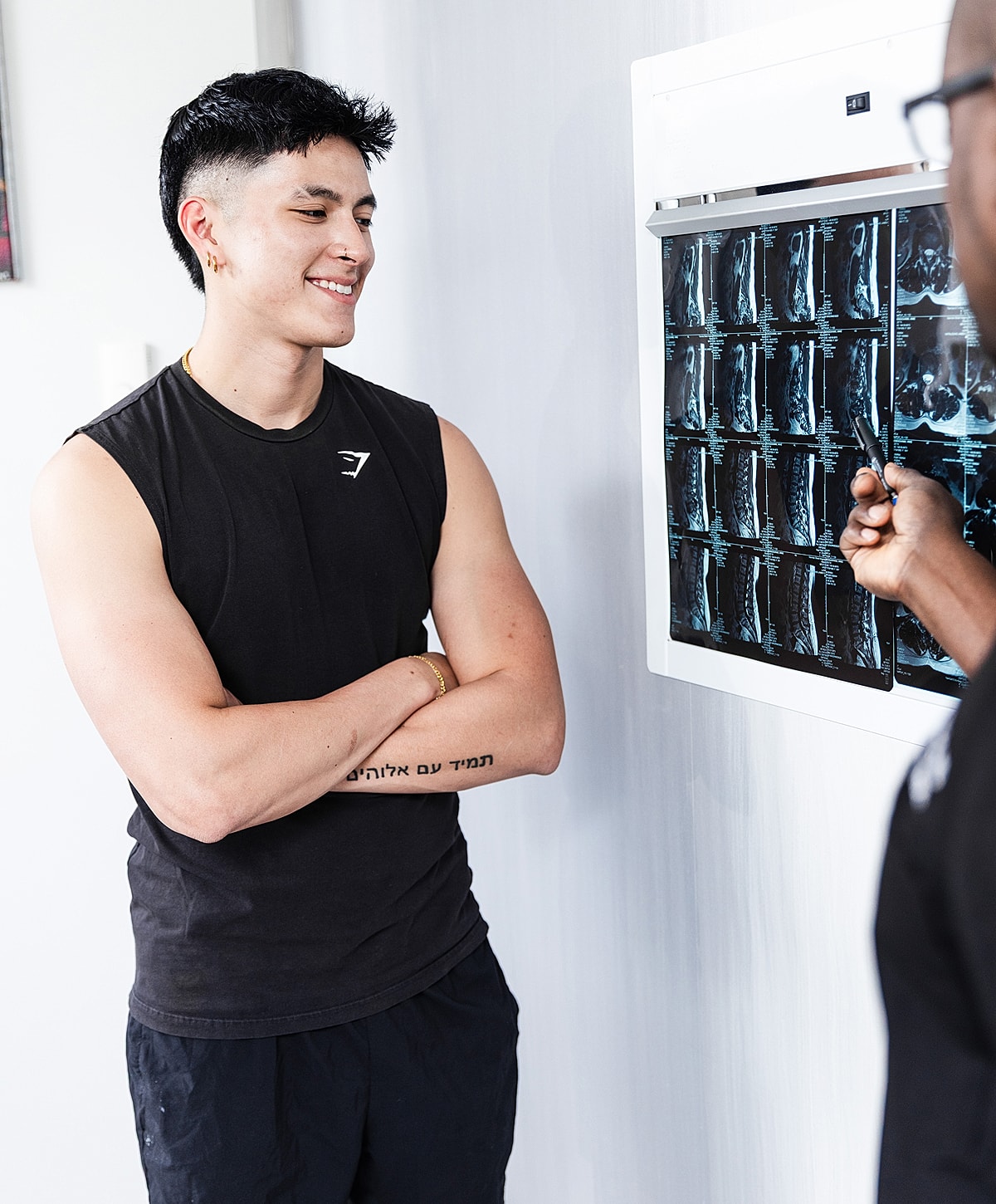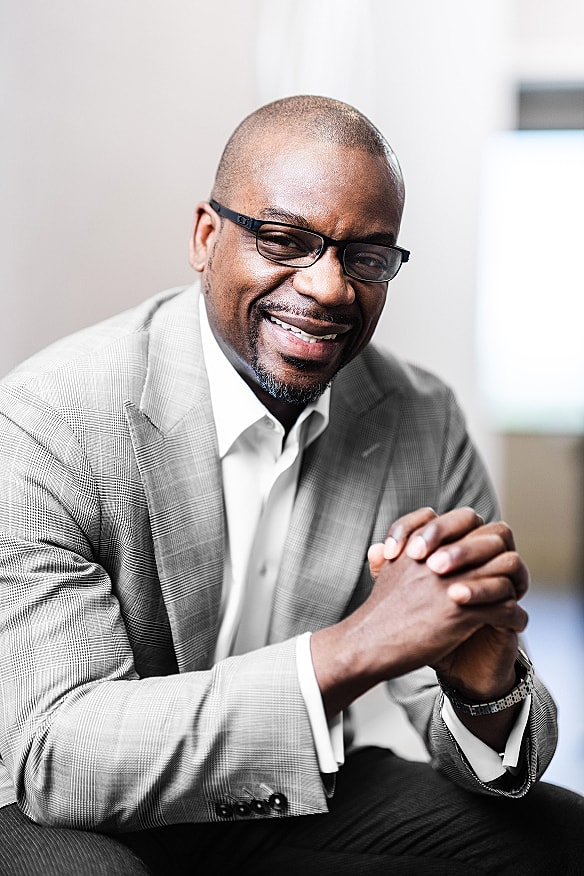
in New York & New Jersey

















For many patients, spine surgery brings meaningful, lasting relief. But when pain returns—or never fully goes away—there’s often nothing more frustrating than not knowing what went wrong. That’s where our NJ & NYC revision spine surgery comes in.
Revision spine surgery is a highly specialized procedure performed to correct or improve the results of a previous spinal operation. Whether you’ve had lumbar or cervical spine surgery in the past and are now dealing with persistent pain, limited movement, or hardware complications, revision surgery may offer a path forward.
At The Institute for Comprehensive Spine Care, Dr. Gbolahan Okubadejo brings deep experience in treating complex spinal cases, including failed back or neck surgeries. With locations throughout New York and New Jersey, you’ll receive attentive care built on transparency, advanced diagnostics, and solutions tailored to your unique condition.
Revision spine surgery corrects or improves the results of a previous spine operation that didn’t provide full relief or led to new problems. It may involve removing or adjusting hardware, decompressing nerves, addressing nonunion (failed fusion), or stabilizing new areas of degeneration.
There are two main types:
Each revision case is different. Success depends on identifying the exact cause of your symptoms. Dr. Okubadejo takes the time to identify the right path forward and treat your condition with precision and care.

The specific steps of revision surgery vary depending on the type and location of your prior operation. Dr. Okubadejo begins with a thorough review of your surgical history, advanced imaging (MRI, CT, X-rays), and often dynamic testing to assess spinal stability.
During surgery, he may:
Revision surgery is typically more complex than a first-time procedure, but with the right planning and technique, the results can be life-changing.
Revision spine surgery may be recommended for patients with:
The goal is to treat the true cause of your symptoms, not just the area that was previously operated on.

For patients who’ve struggled with unresolved pain or limited function after prior surgery, revision spine surgery offers the opportunity to:
A successful result depends on accurately identifying and addressing the root cause of symptoms. This is why a thorough evaluation is key.

You may be a candidate if you’ve had spine surgery in the past and are now experiencing:
However, not every patient with post-surgical pain needs revision surgery. During your consultation for revision spine surgery NYC & NJ spine surgeon, Dr. Okubadejo, will use advanced diagnostics and clinical judgment to determine whether surgery is the right next step - or if other treatments may be more appropriate.
Because revision surgeries can be more complex, recovery may take a bit longer than initial procedures. Depending on the type and extent of surgery, most patients spend one to three nights in the hospital.
You’ll receive detailed aftercare instructions, and in many cases, physical therapy begins within a few weeks. Some patients recover within 6-8 weeks, while others with more extensive procedures may need 3-6 months for full healing.
Dr. Okubadejo and his team monitor your progress closely, helping you build strength, mobility, and confidence at your own pace.
When revision surgery is performed for the right reasons and with expert planning, patients often experience meaningful improvements in pain, function, and overall quality of life.
Common outcomes include:
Each case is unique, but for many, revision surgery becomes the turning point in their spinal care journey.
Revision surgery demands more than skill; it demands experience, patience, and a true partnership between surgeon and patient.
Dr. Gbolahan Okubadejo brings these qualities to every case he treats. At The Institute for Comprehensive Spine Care, we believe you deserve to understand what went wrong, and how to make it right. With multiple locations across New York and New Jersey and a reputation for thoughtful, high-level care, we’re here to help you move forward with confidence.
There are many possible reasons, ranging from incomplete decompression to new degeneration or fusion that didn’t heal properly. A thorough evaluation is the first step to finding the right solution.
Due to scar tissue or altered anatomy, revision surgery can carry slightly higher risks. That’s why it’s important to work with a surgeon experienced in these procedures.
If your symptoms have returned or never improved, and conservative care hasn’t helped, revision may be an option. Imaging and a detailed review of your history will guide the decision.
In many cases, yes, especially when the pain is caused by nerve compression that wasn’t fully relieved by the first surgery or has returned.
Possibly. Some revisions involve removing or replacing hardware, while others require extending a fusion to support spinal stability.
Recovery varies depending on the procedure. Some patients recover in a few weeks, while more extensive revisions may take several months.
Not always. Some patients can improve with targeted therapy, injections, or pain management. Surgery is only recommended when it's clearly the best path forward.
In most cases, yes. Our staff will help you verify your benefits and walk you through the approval process.
Every case is different. Dr. Okubadejo can review your full surgical history and help determine whether another surgery is appropriate or if alternative strategies make more sense.
Yes. When instability or misalignment is part of the problem, revision surgery can restore structure and relieve associated pain.


